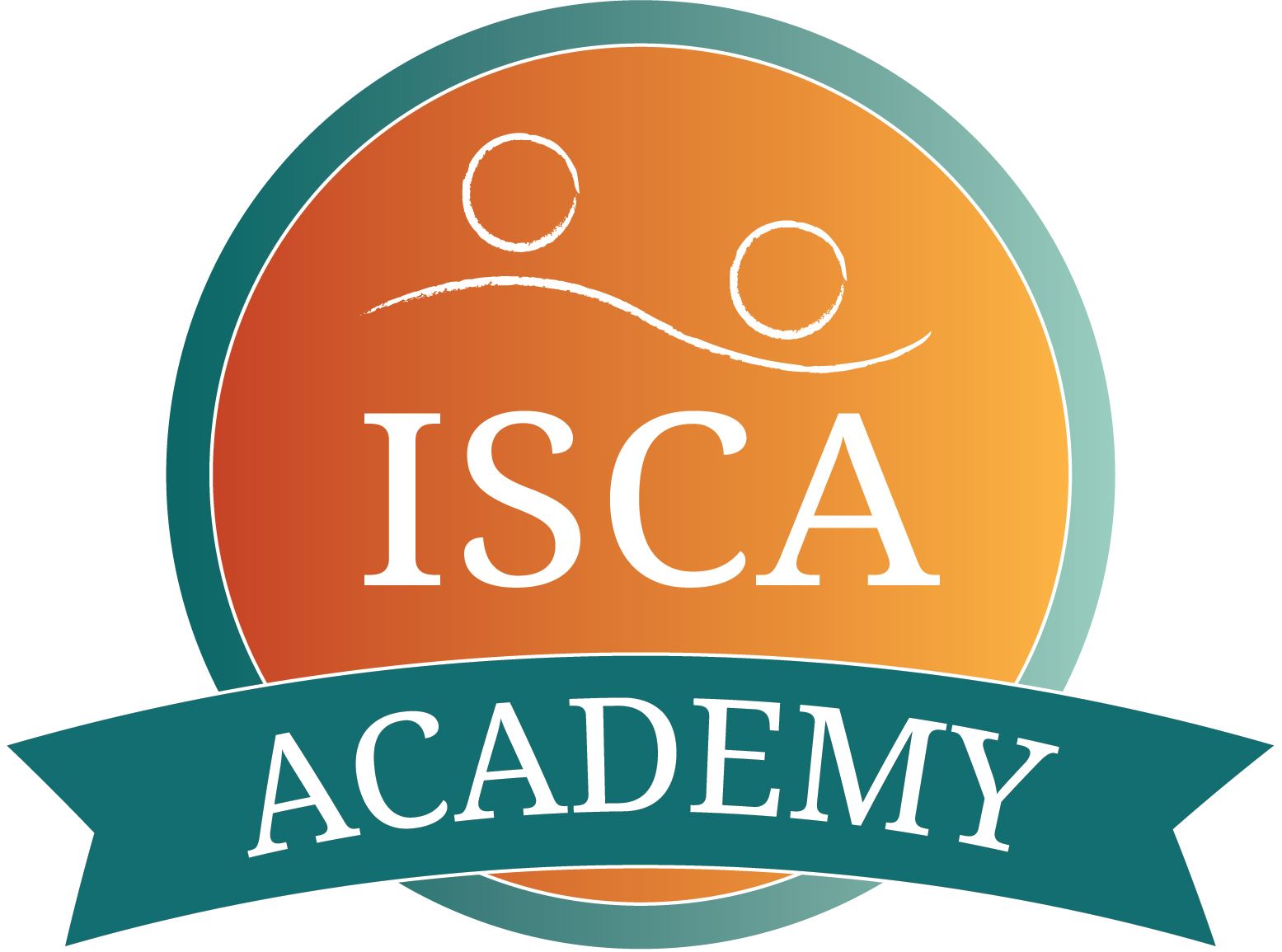- Home
- From Math Anxiety to Math Efficacy
|
Course Title | From Math Anxiety to Math Efficacy |
Course Number | ISCA 601 |
Course Overview | Math anxiety is an increasing problem that affects many students, not only during their school years, but also when they make choices about their future career paths. With a prevalence of 33% among 15 year olds from 65 OECD countries it is a global increasing problem that international school counselors must attend when working with teachers, students or parents. The aim of this course is to teach participants about the key factors contributing to the development of math anxiety and to assist them in helping students, teachers and parents implement a positive, inquisitive and playful approach to math, which will promote a growth mindset and resilience when facing difficulties. Upon completion of this course participants will:
|
A.1. Supporting Student Development School counselors: c. Do not diagnose but remain acutely aware of how a student’s diagnosis can potentially affect the student’s academic success. d. Acknowledge the vital role of parents/guardians and families. e. Are concerned with students’ academic, career and social/ emotional needs and encourage each student’s maximum development. |
Intended Audience | This course is suited to primary and secondary school counselors, regardless of their years of experience. |
Essential Questions |
|
Knowledge | Skills |
Participants will have knowledge about: | Participants will be able to: |
|
|
About the Facilitator |
Since moving to Berlin in 2016, Noa has supported families from the international community, providing counseling and psycho-educational assessments. So far, Noa has worked with families from over 30 nationalities. In addition, Noa regularly facilitates teacher and parent workshops for international schools in Europe. These workshops focus on promoting resilience, alleviating anxiety in learners, and providing positive behavioral support. Noa recently also facilitated consultation circles for international school counselors in collaboration with ISCA. As an educational psychologist, Noa strives to combine scientific knowledge from developmental evidence-based research with every child's unique ecosystem. |
Dates and times of offerings | Cohort 2: October 27, 2022 @ 11:00 - 14:00 GMT |
Contact hours | Three (3) Professional Development Hours |
Time commitment between sessions | NA |
Required Resource(s) | NA |
References |
|



 Noa Kanter is a psychologist at
Noa Kanter is a psychologist at